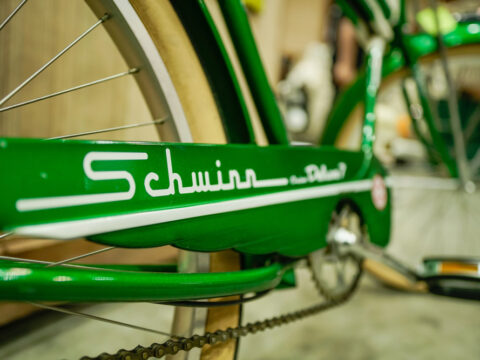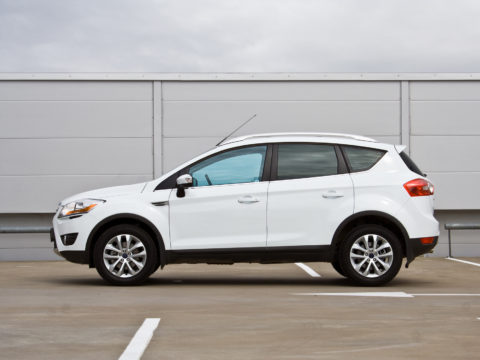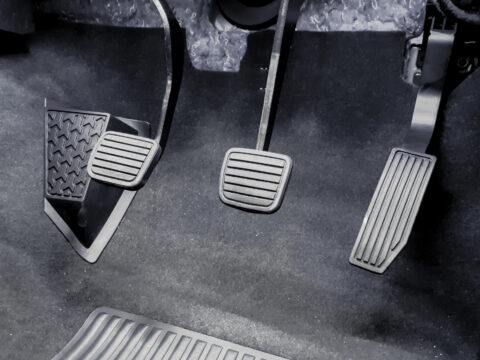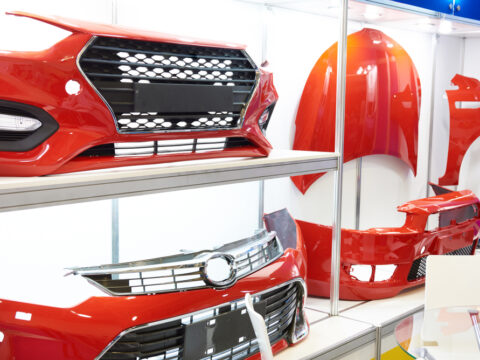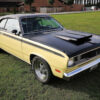Owning a car is an investment; like all investments, the goal is maximizing the return. However, car owners often face the harsh reality of depreciation, a persistent factor that erodes a vehicle’s value over time.
We cover the gamut of value-diminishing culprits, from high mileage and accident history to outdated technology and even smoking. More importantly, we provide practical solutions to help you curb this downward spiral and maintain your car’s value as much as possible.
Contents
High Mileage
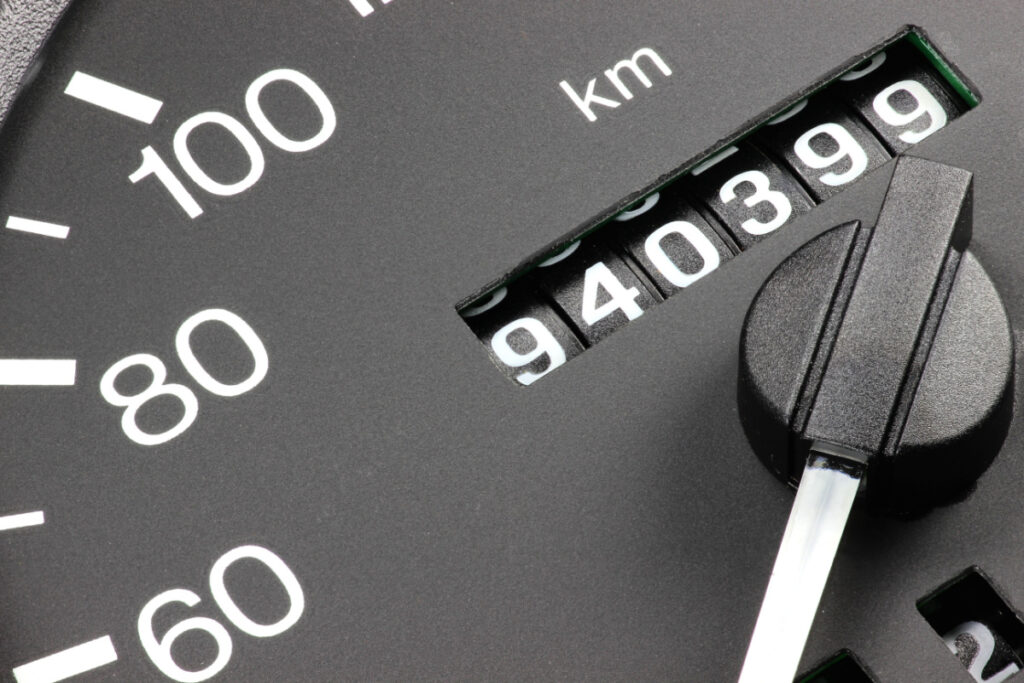
The more miles a car has on it, the less valuable it becomes because high mileage is often equated with wear and tear on the vehicle. According to the U.S. Department of Transportation, the average American driver puts around 13,500 miles on their car each year. If you put on significantly more miles, your car’s value could decrease rapidly. To combat this, limit unnecessary driving and consider using public transportation or carpooling for longer trips.
Accident History
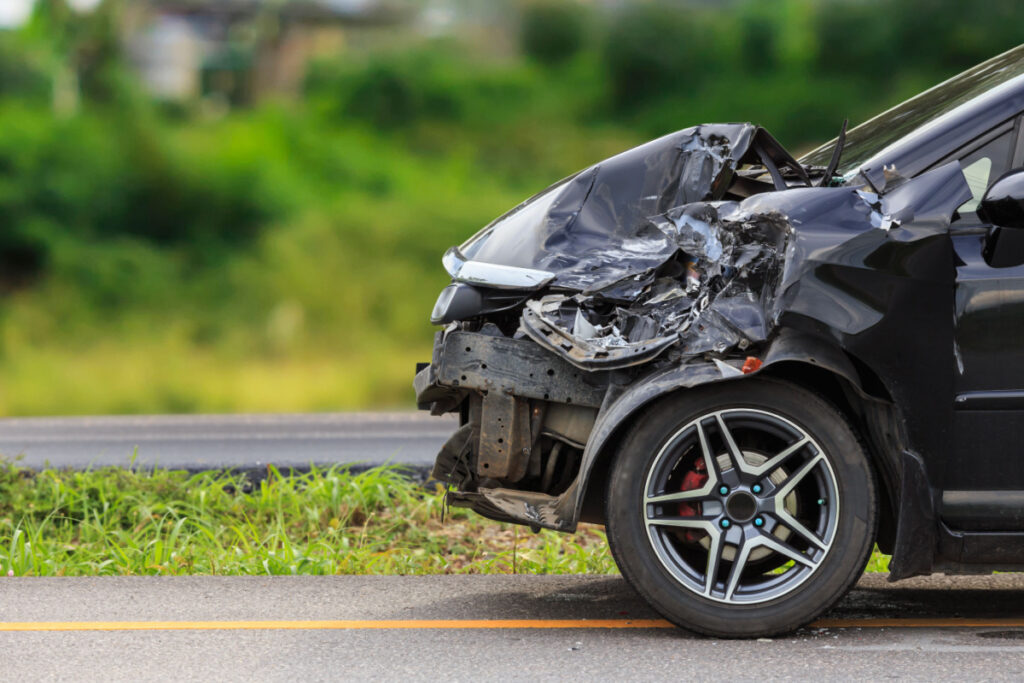
Cars that have been involved in accidents, particularly serious ones, lose value quickly. This is due to the potential for hidden damage that may not be apparent during the repair. Car buyers and dealers are likely to offer less for a vehicle that’s been in an accident. The best solution is prevention: drive carefully and defensively to avoid accidents in the first place.
Poor Maintenance
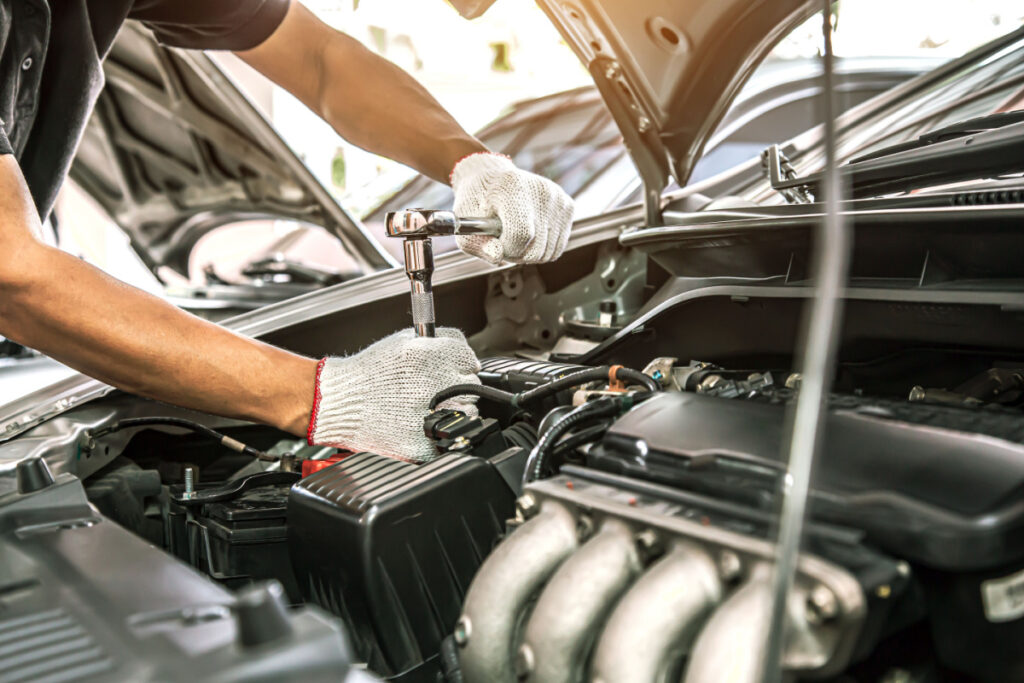
Regular maintenance is crucial for preserving the value of your car. Skipping oil changes, tire rotations, and other basic maintenance can lead to more severe mechanical problems down the road. According to a CarMD study, the cost of ignoring maintenance can add up to $2,000 or more per year in additional repair costs. To avoid this, follow your vehicle’s recommended maintenance schedule.
Exterior Damage
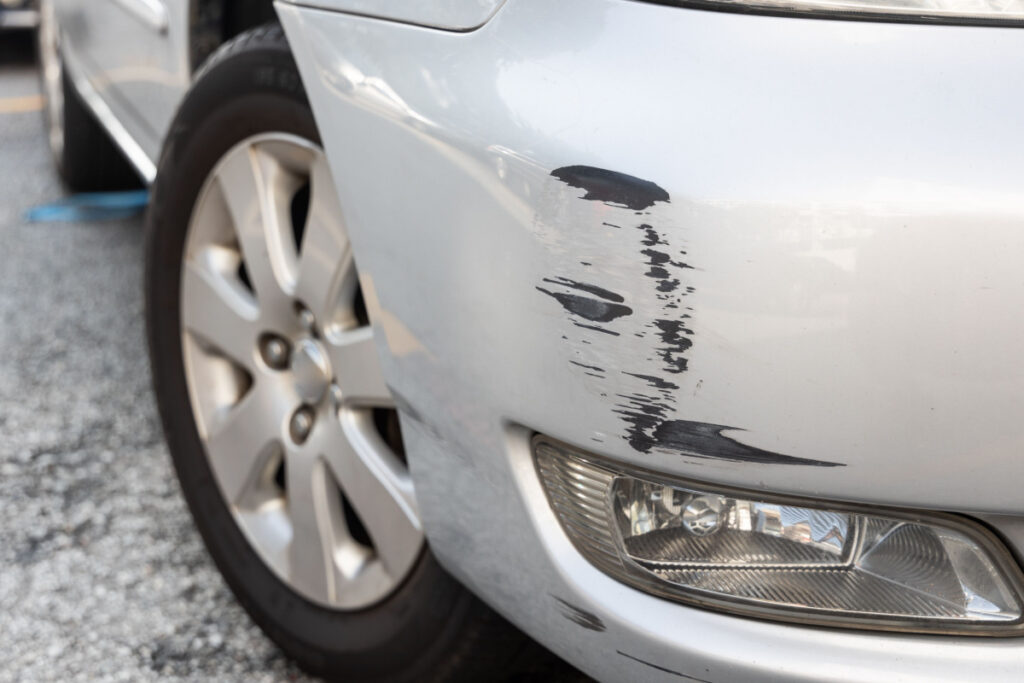
Dings, scratches, and rust can significantly decrease a car’s value. These forms of exterior damage not only make the car less attractive but they can also lead to more serious issues, like rust, if not addressed. Regular cleaning and timely repair of any exterior damage can help maintain your car’s value.
Interior Wear and Tear
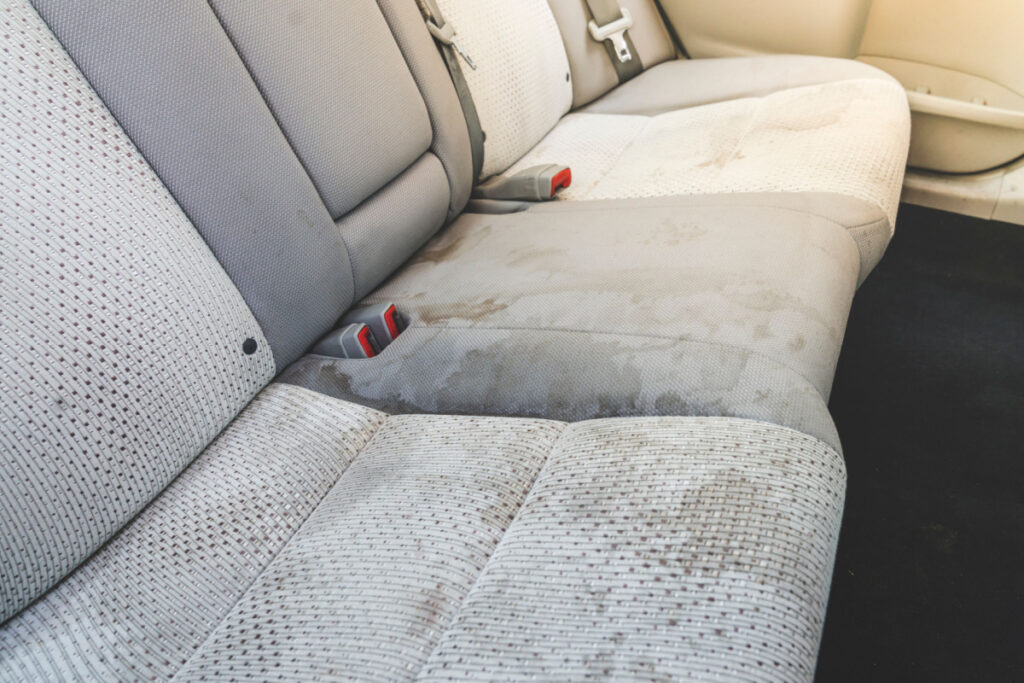
A car’s interior condition is an important factor when assessing its value. Stains, unpleasant odors, or damaged upholstery can all decrease a car’s value. Regular cleaning and using seat covers or floor mats can protect the interior and help maintain its value.
Outdated Technology
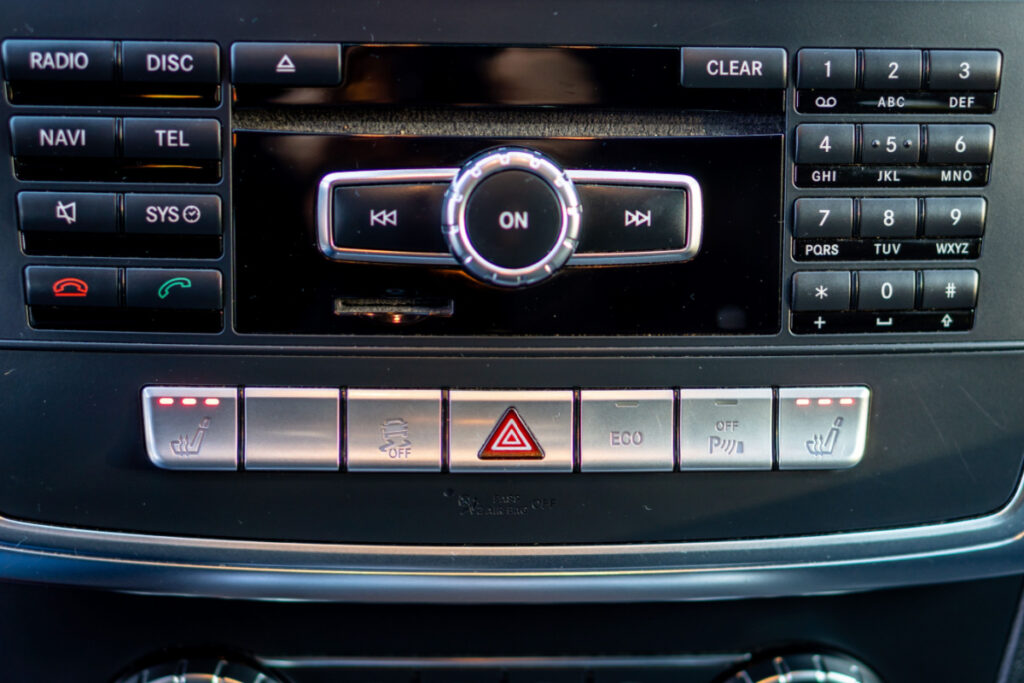
As technology evolves rapidly, cars with outdated features can lose value quickly. In-car technology, like infotainment systems and driver-assistance features, becomes outdated fast. Upgrading where possible can help keep your car’s value up. However, the cost of upgrades may sometimes outweigh the benefit, so it’s best to research before deciding.
Aftermarket Modifications

While you might enjoy that oversized spoiler or loud exhaust, not every buyer will. Aftermarket modifications can actually decrease a car’s value, as they often appeal only to a specific subset of buyers. It’s best to avoid excessive modifications if you’re concerned about maintaining your vehicle’s resale value.
High Ownership Turnover
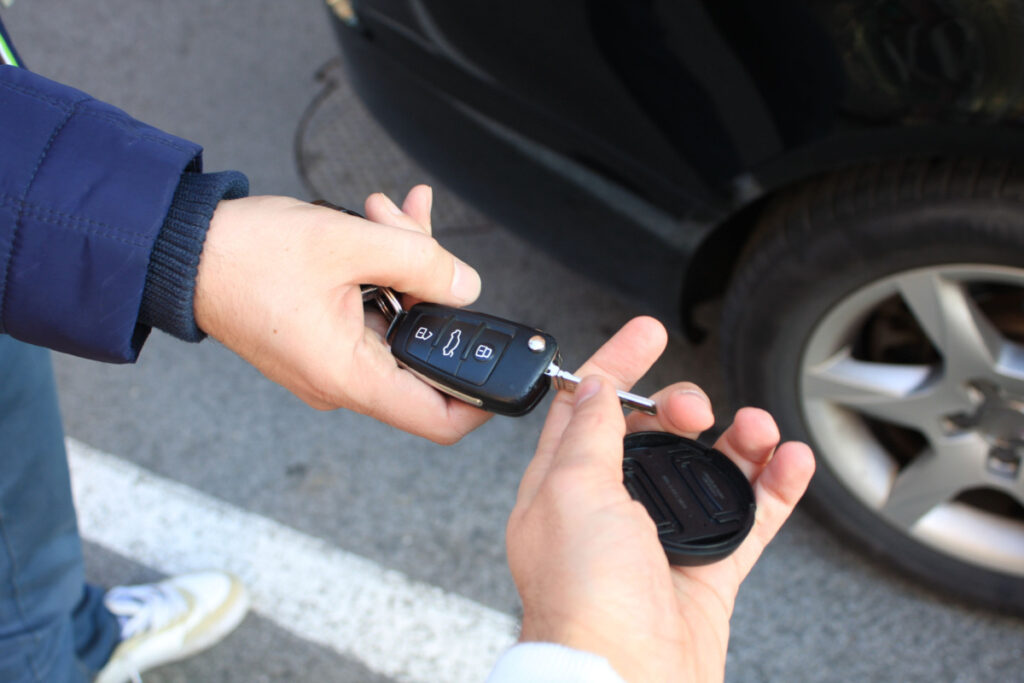
Vehicles with many owners may be viewed as less reliable, leading to decreased value. Each time a car is sold, there’s a chance that the maintenance wasn’t up to par or there were issues with the vehicle. If you’re buying a new car and intending to sell it later, try to keep it for a reasonable period to avoid this issue.
Smoking in the Car
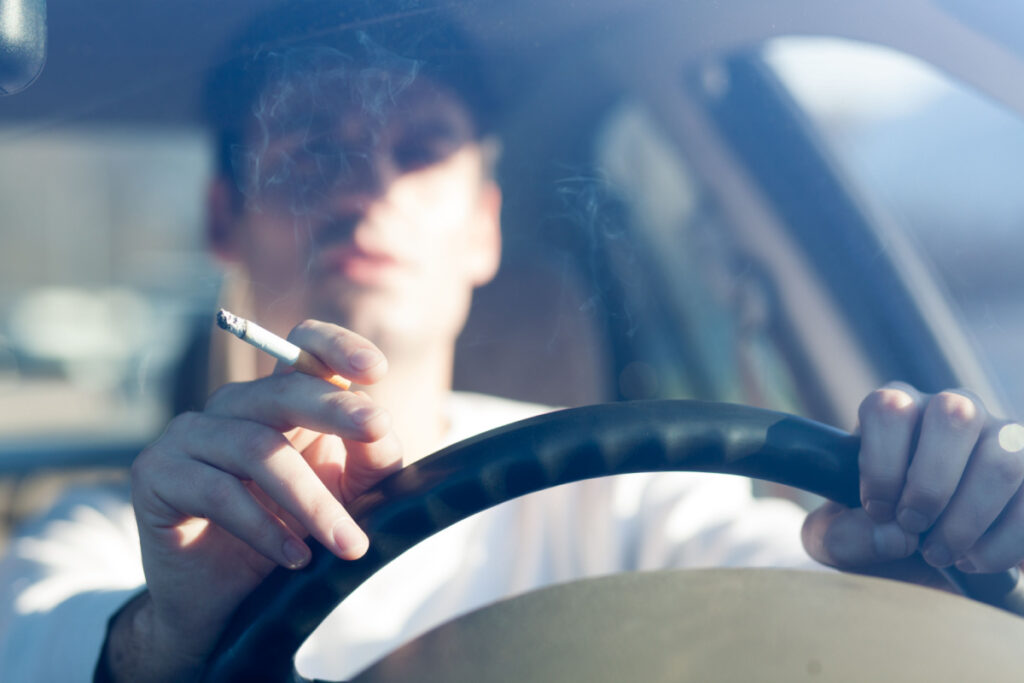
Smoking in a car can severely decrease its value. The smell of smoke is hard to remove and can be a deal-breaker for many potential buyers.
Choosing a Car with High Depreciation
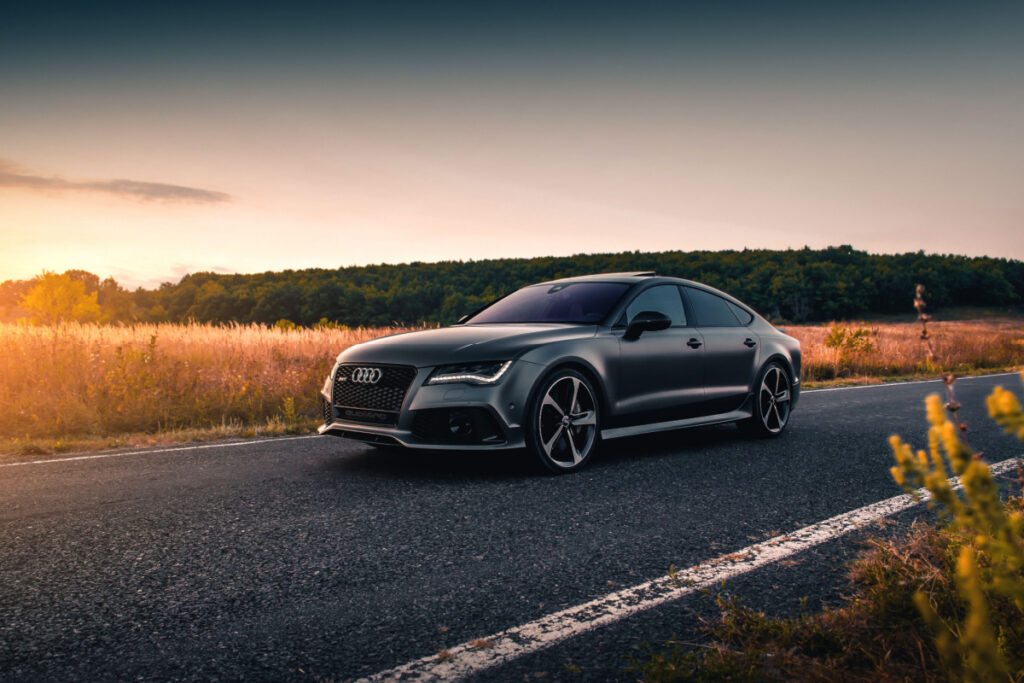
Some cars simply depreciate faster than others due to factors like brand reputation, reliability, and demand. Luxury cars, for instance, often suffer from high depreciation rates. Buying a new car is worth researching its predicted depreciation rate. Some online resources, like Kelley Blue Book or Edmunds, provide this information. Choose a car with a lower depreciation rate to help maintain its value for longer.
This article originally appeared on MyCarMakesNoise.

